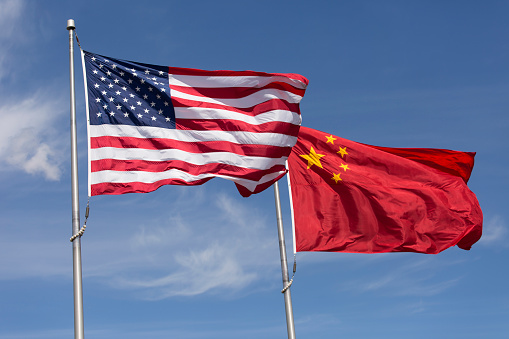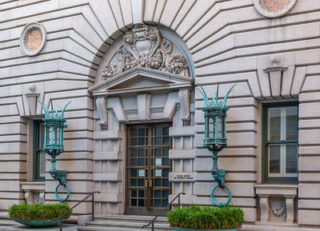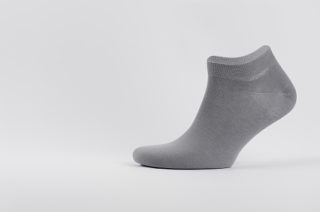
On October 29, 2021, the District of Delaware allowed Park Lawn Corporation to continue with its trade secret claims against fellow cemetery management competitor, PlotBox, Inc., holding that the competitor only needed to have a “reason to know” improper means were used to access alleged trade secrets, based on the position of the individual feeding them the secrets.
Both Park Lawn and PlotBox develop technological solutions to manage cemetery plot placement methods, using software to facilitate mapping of gravestones electronically. This software helps automate cemetery design plans and expedites managerial tasks. The lawsuit also states that Park Lawn planned to license the trade secrets in the software to others in the industry. This plan was eventually disrupted by the Chief Executive Officer of Park Lawn, who was allegedly feeding the trade secret information to PlotBox, which also tried to hire on Park Lawn’s Chief Technology Officer. Park Lawn sued under the Defend Trade Secrets Act (“DTSA”).
Continue Reading Cemetery Company’s Trade Secret Claims Survive Motion to Dismiss by Reasonable Interference of Misappropriation after CEO Fed Competitor Information




 On December 16, 2020, the U.S. Court of Appeals for the Ninth Circuit held for the first time in Attia v. Google LLC that a misappropriation claim under the Defend Trade Secrets Act of 2016 (“DTSA”) may be brought for a misappropriation that started prior to the enactment of the DTSA as long as the claim also arises from post-enactment misappropriation or from the continued use of the same trade secret. The decision further expands the reach of the DTSA and provides a blueprint for other courts to rule along the same lines.
On December 16, 2020, the U.S. Court of Appeals for the Ninth Circuit held for the first time in Attia v. Google LLC that a misappropriation claim under the Defend Trade Secrets Act of 2016 (“DTSA”) may be brought for a misappropriation that started prior to the enactment of the DTSA as long as the claim also arises from post-enactment misappropriation or from the continued use of the same trade secret. The decision further expands the reach of the DTSA and provides a blueprint for other courts to rule along the same lines. Virginia recently joined a growing list of states that have passed legislation prohibiting employers from enforcing non-compete agreements against low-wage employees. Illinois, Maine, Maryland, Massachusetts, New Hampshire, Rhode Island, and Washington have already enacted similar legislation. And as we previously
Virginia recently joined a growing list of states that have passed legislation prohibiting employers from enforcing non-compete agreements against low-wage employees. Illinois, Maine, Maryland, Massachusetts, New Hampshire, Rhode Island, and Washington have already enacted similar legislation. And as we previously  On September 2, 2020, a Southern District of California judge granted Defendant Road Runner Sports, Inc.’s motion to dismiss, finding that Plaintiff, Profade Apparel, LLC, failed to state a trade secret misappropriation claim under the federal Defend Trade Secrets Act (“DTSA”).
On September 2, 2020, a Southern District of California judge granted Defendant Road Runner Sports, Inc.’s motion to dismiss, finding that Plaintiff, Profade Apparel, LLC, failed to state a trade secret misappropriation claim under the federal Defend Trade Secrets Act (“DTSA”). Pennsylvania’s medical marijuana bill went into effect in 2016. In order to obtain a permit under that bill, potential medical marijuana grower/processors or dispensaries are required to provide detailed business information with their applications. However, under the state’s Right-to-Know Law (“RTKL”), applicants who can show that information about their security, storage and transportation are trade
Pennsylvania’s medical marijuana bill went into effect in 2016. In order to obtain a permit under that bill, potential medical marijuana grower/processors or dispensaries are required to provide detailed business information with their applications. However, under the state’s Right-to-Know Law (“RTKL”), applicants who can show that information about their security, storage and transportation are trade On Monday, August 12, a Delaware federal jury found that L’Oreal USA Inc. misappropriated Olaplex LLC’s trade secrets, breached a nondisclosure agreement, and willfully infringed on two of Olaplex’s patents related to a hair-coloring product. The patents in question related to a three-step system that protects hair from damage during bleaching.
On Monday, August 12, a Delaware federal jury found that L’Oreal USA Inc. misappropriated Olaplex LLC’s trade secrets, breached a nondisclosure agreement, and willfully infringed on two of Olaplex’s patents related to a hair-coloring product. The patents in question related to a three-step system that protects hair from damage during bleaching.